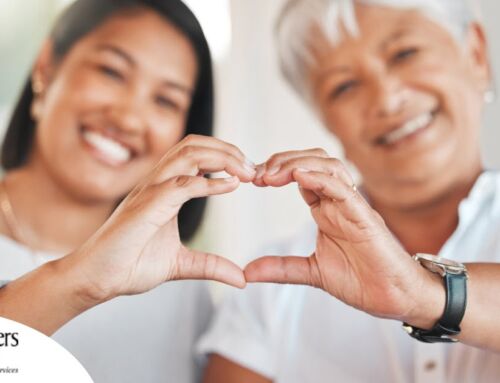Kidney stones are not only an issue for seniors, they can affect us at any stage in life. However, they can have different and more serious outcomes if they occur later in life.
What are kidney stones?
Kidney stones are deposits of salts and minerals that form inside of your kidneys. Certain factors that can cause them are medical conditions, diet, body weight and even some medications or vitamins.
Stones themselves generally don’t cause issues if they are recognized and passed quickly. But the passing of kidney stones can be quite painful. Smaller ones can pass through the system with fluids and proper medication, but larger ones may need additional treatment.
How do they affect seniors differently?
While the passing of kidney stones can be uncomfortable for every age, what makes having them when you’re older different? Older adults may have a higher predisposition to them, based on the medications that are taken as well as things like decreased water intake, higher risk of UTI’s or digestive issues that can arise with age.
The National Library of Medicine indicates. “Older adults have higher rates of morbidity from kidney stones and higher risk of infectious complications and comorbid conditions such as diabetes, which can increase uric acid stone formation. Also, most of them are taking medications and vitamin supplements which change their metabolic profile and increase their susceptibility for stone formation.”
So it’s even more important that older adults are vigilant about kidney stones, knowing how to prevent them, what the symptoms are and to know when to see a doctor.
What can I do to prevent them?
While not all stones can be prevented, there are dietary and lifestyle changes that can help. They include:
- Drink lots of water
- Don’t automatically reduce your calcium without speaking to a doctor
- Urinate frequently (don’t “hold” it in!)
- Reduce sodium in your diet
- Avoid foods with oxalates: Spinach, chocolate, sweet potatoes, coffee, beets, peanuts, rhubarb, soy products, wheat bran
What are the symptoms?
The Mayo Clinic has a comprehensive list of symptoms you should be on the look out for:
- Severe, sharp pain in the side and back, below the ribs
- Pain that radiates to the lower abdomen and groin
- Pain that comes in waves and fluctuates in intensity
- Pain or burning sensation while urinating
- Pink, red or brown urine
- Cloudy or foul-smelling urine
- A persistent need to urinate, urinating more often than usual or urinating in small amounts
- Nausea and vomiting
- Fever and chills if an infection is present
What are the treatments?
If you think you may have a kidney stone or are experiencing some of these symptoms, please speak with your doctor. They will help diagnose by performing a urine test, blood testing or imaging tests. Treatments may include:
For smaller stones:
- Drinking lots and lots of water
- Over the counter pain relievers
- Medications as directed by your health care professional
For larger stones that cannot pass on their own:
- Using sound waves to break the stone into smaller stones that can be passed
- Using a scope to remove the stone
- Surgery to remove a large stone
Wrap Up
One thing is for sure, kidney stones are no fun. Passing them can be quite uncomfortable although rarely dangerous. Please speak with your doctor if you have any of the above symptoms or if you have any questions.
~ ~ ~
Do you have questions about how you can better support your loved one while they age in place in South Florida or regarding homecare in general? Please contact CareGivers of America here: Contact or call us toll free: 800-342-4197
To join our amazing mailing list where you’ll receive special content, click here.
*No information in this article is to be taken as advice, medical or otherwise. This post is not sponsored, but may contain external links to websites, articles or product examples. External links are used for example or reference purposes only and these links do not indicate specific product or website endorsement by CareGivers of America.







